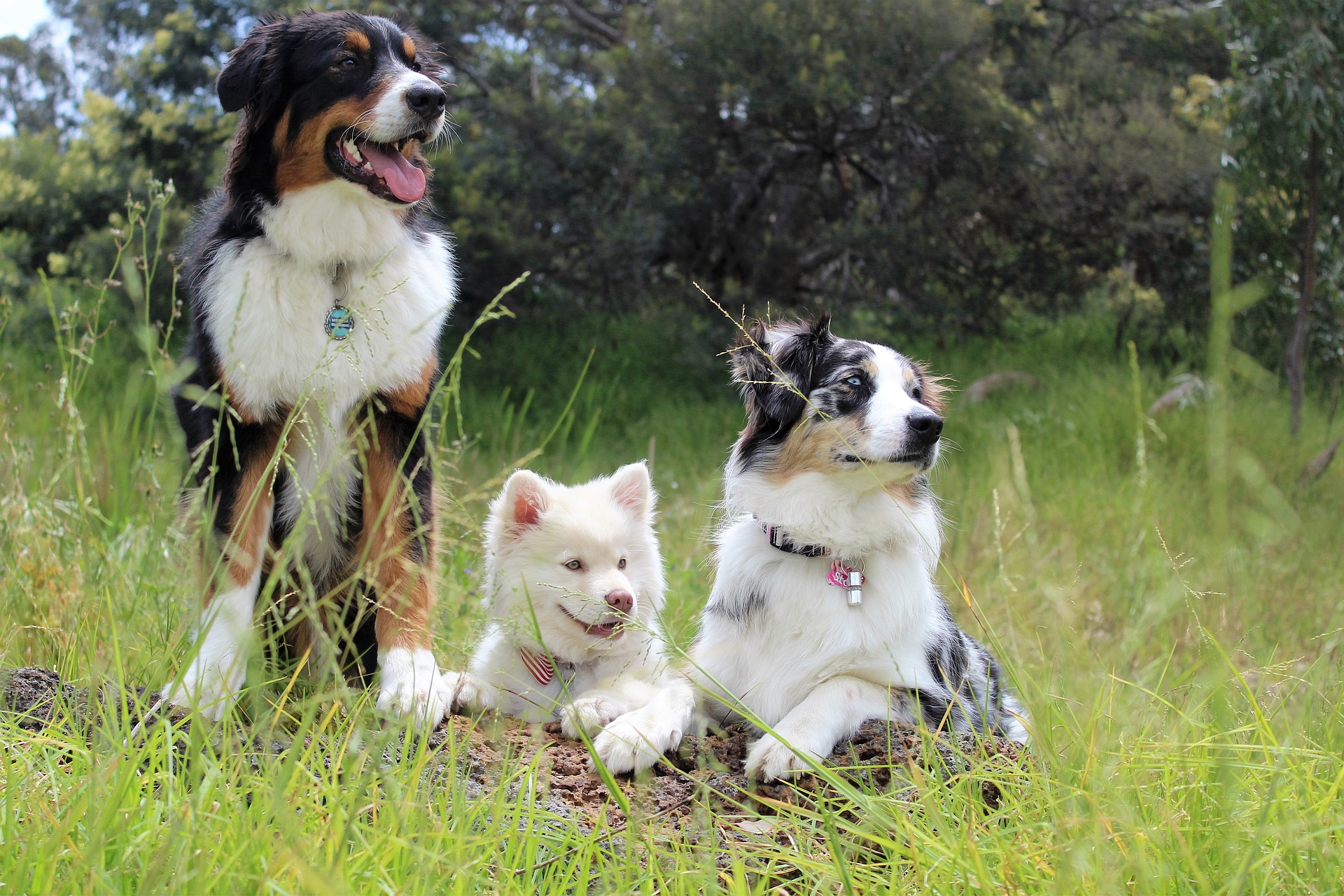You might be surprised to discover how common dog worms are in the environment. In fact, some sources say most dogs - even healthy dogs -- host a low level of worms nearly all the time. After all, your dog goes outside, probably eats questionable substances on occasion, and may be known to roll in smelly areas. Since dog worms are often in the dirt (or in whatever else is in the dirt!), or are transmitted by fleas or mosquitos, you can see how it wouldn’t be a surprise that your dog could have worms.
What you might find surprising is that your dog could have these parasites curled up in their intestines and they may not show any symptoms of illness. However, a bad case of worms will leave your dog with a lack of appetite or lethargy. These parasites can even potentially kill your dog. Below, you’ll discover the different types of dog worms that your dog could be exposed to and how you can protect your dog.
But first, you might like to know that “deworming” is a bit of a misnomer. The actual practice of ridding your dog of worms is known as “worming.” Your veterinarian can recommend the appropriate type of worming pills for your dog to keep your dog safe.
Another thing you should be aware of is that humans are also susceptible to many of these worms. In some cases, your dog can infect you (or your family members), or you can even pick them up yourself.
The Types of Dog Worms
There are five types of dog worms. These include hookworms, roundworms, tapeworms, whipworms, and heartworms. These are all internal parasites that your dog can pick up throughout daily life. If your dog has one of these types of worms, your veterinarian will confirm by evaluating your dog’s stool or a blood sample and recommending an appropriate treatment.
Hookworms
This common parasite has hook-like teeth, which accounts for the name. They attach themselves to your dog’s intestinal lining and breed thousands of eggs within just a few days. Your dog can pick up hookworms easily by walking through wet grass or contaminated soil.
Roundworms
Roundworms can be found in contaminated soil and feces, both of which some dogs are apt to eat. These are also found in most newborn puppies. Their mother’s milk passes on roundworms, and virtually every puppy wellness exam contains a worming process. These dog worms can cause serious infection if left untreated. Symptoms include colic, vomiting, lethargy, and a swollen tummy among other issues.
Tapeworms
If you have visions of an extremely long worm, you’d be correct. Tapeworms are segmented, and you may see segments caught in your dog’s fur around the anus. They may look like grains of rice. One of the most common ways that they’re transmitted is through fleas. Fleas swallow the worm larvae; your dog can ingest the flea, and thus the tapeworm, during self-grooming. Tapeworm eggs can also live infected soil. So your dog could ingest them by licking his paws after a walk. Many dogs won't show symptoms of a tapeworm infestation, though others will develop abdominal pain, vomiting, and other symptoms.

Whipworms
Like tapeworms, whipworms can also live in infected soil. Your dog might lick the soil, or burrow his nose in it - we've all seen it happen. Your dog could also get some of the soil in his food or water dishes. This worm can lead to severe diarrhea, which is always an indication to call your veterinarian.
Heartworms
You may be familiar with the monthly prescription of heartworm pills. These are extremely dangerous if left untreated as they fill your dog's heart and lung area. Transmitted by infected mosquitos, they're quite common so it's important to keep your prescription updated and make sure Max has his monthly dose. Unlike the other worms described, heartworms are detected via a blood test, which will be necessary before beginning any heartworm preventive regimen.
How to Protect You and Your Dog From Dog Worms
As you can see, it’s tough for your dog to avoid worms completely. The worms tend to live in the dirt or be transmitted via flea or mosquito, so your dog is likely to come in contact with them in all sorts of circumstances. To protect your dog and your home, you can wipe down your dog’s paws when you come in from walks. Even just a quick wipe with a damp cloth can help reduce your dog and your home’s exposure to larvae. Additionally, always wash your hands thoroughly after petting your dog to prevent transmitting them to you.
If your dog exhibits any of the symptoms of appetite loss, lethargy, extreme diarrhea, or distended belly, please make an appointment to see your veterinarian. A simple test will show if dog worms are the problem and what type.
